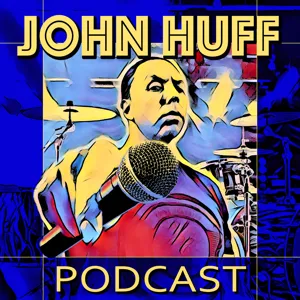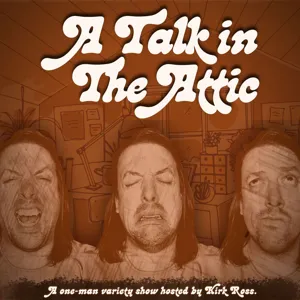Â
Show Notes Wine Talk Jan 16 â Ghosts of Cultures Past
There is lots of talk about the wine culture in Victoria, Duncan and in BC in general. There is also a lot of talk about the brewing culture that is rapidly developing here. Unfortunately that talk is either focussed or heavily laced with criticisms of government and its representatives in regulation and enforcement. I say unfortunately because the laws, rules and policies that are currently in place are not the current or previous governments making. They are in fact the offspring of the provincial and federal governments in the 1920âs. A time when 98% of all consumption was of beer and spirits. A time when bars and saloons could stay open 24/7 if they wanted to. A time when any Tom, Dick or Harry could make a batch of beer or whisky in their backyard.
Consider for a moment that you are the premier and you one of the most significant problems you have is absenteeism, family abandonment, brawling in the streets that results in families being left without an income or any security. I think if I was faced with those appalling images that my response would be to severely curtail, even banish, all the images and opportunities that gave rise to these problems. It would be very easy to make the assumption that people drink to get drunk, drunk people cause problems, ergo solve the problem by either making it illegal for people to get drunk. If the people canât control themselves then the government has a duty to. It would be so easy when faced with the pressures of those days to make the same judgment.
Fast forward 90 years and the rules and regulations still reflect this assumption however societies approach to wine, beer and cocktails have significantly changed. Iâm not saying that there is not a portion of society that struggles with the responsible consumption of alcohol, but I am saying that the overwhelming majority can and does drink responsibly and is asking for the wine, beer and cocktailing cultures to have a chance to blossom.
Here is what I see, those that are currently apart of any of these cultures share a passion for the flavour, the lifestyle, the people and creativity inherent in them. These are not the people that are tagged in a drunken Facebook photo, or are bragging about how wasted they got over the weekend. Rather they are at the winemakers/brewers dinners, buying premium product, visiting the wineries and breweries, reading the blogs, engaging in the many online communities and planning a safe ride home. They are about the flavour, the passion in the people who make the product and the products themselves.
I personally would love to be able to share a glass of fine rose at sunset on the beach with my wife, or perhaps take that special bottle of wine that I have been saving for a very special occasion to one of the many top quality restaurants. I would love to be at a Farmerâs Market of local vegetables, breads, cheese, meats and be able to taste a local wine to pair with my meal tonight. Sound good?
Here is crux. Government officials, LDB administrators, LCLB inspectors are not evil they are just enforcing or abiding by the rules and policies set down for them generations ago. I think what is needed it the opportunity to start a dialogue. A better understanding as to where we are, where we want to go and how to craft an industry that is both vibrant and responsible; both exportable and responsive.
Constructive and diligent dialogue must be started and the sooner the better.
Liquor Plus Radio is hosted and Produced by Rod Phillips with technical assistance from Steve Jobs (RIP) via GarageBand, Mike & Cheryl DeWolfe and Mike Vardy.
You can subscribe to Liquor Plus Radio by either going to our website www.liquorplus.ca clicking on View Community, then the LP Blog, and subscribing by RSS, Or you can subscribe through iTunes or at www.BluBrry .com.
Liquor Plus Radio is sponsored by Liquor Plus. Liquor Plus has 5 Island Owned and Island Operated full service locations to serve you better. Liquor Plus Discover the Plus
As always please let us know what you think as we know we can improve but need feedback to do that right.
Thatâs all for now so take it easy and drink responsibly so we can all improve our quality of life⦠one sip at a time.
Â








